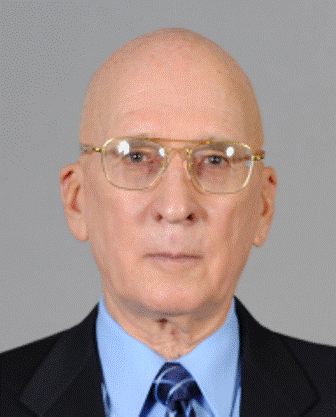(Original typology in Battle Lines: Type L are the free-market technocrats and Type C are the conservative old boys in American society. Once more, I don’t identify with either of them.)
The always-intriguing corporate-insider blog Mini-Microsoft is the venting place for many of the R+D people dissatisfied with the state of affairs at that company. One anonymous commenter effectively summarizes the Type L’s case against the Type C, much as Paul Van Riper did. The parallels in content and attitude are very striking. I don’t get some of the terminology in the comment either, but this person’s point comes across anyway.
There are some geniuses over in Microsoft Research; somebody needs to set them free to productize.
It isn’t a lack of IC [individual contributor] talent. Although that is rapidly changing. it’s the decline of technical talent and integrity at almost all levels of management.
With “trios”, no individual is charged with cross-discipline technical oversight until GM or VP level. This is no the job of a GM or VP. It *was* the job of the now-extinct Product Unit Manager. Doubtless trios was sold as a way to commoditize skills by narrowing the remit of individuals along discipline lines. Unfortuately, those with broad skill sets that can envision how to actually make a prodcut (rather than a document or a nice report) have been pushed out. It is the age of the bureaucrat.
With trios, the notion of “product team” has vanished. A product team comprised all disciplines, and (usually) et weekly, with their PUM. This has been replaced by layers of tripartite committees based around the arbitrary notion of Dev, Test, PM. The meetings required have grown exponentially. A product team may only get together at a divisional all-hands.
BY GM/VP level, reporting on product state has been so sanitized that the majority of issues are never even surfaced. Yes, there is of course a category of issues that should never require a VPs intervention, but this goes way beyond that. “No bad news, ever”, is the rule. Anyone who rocks the boat is one of those negative, non-team-player 10%ers who will shortly be gone.
More senior ICs are, by definition, supposed to raise broad issues by dint of their level and years of experience. The existing culture makes this a very dangerous thing to do. That’s why I left in January after 10+ years.
The various disasters/missed opportunities over the last 10 years were well known to engineers at the front line… but due to a viciously-enforced policy of “no bad news, ever”, those who might have taken corrective action don’t find out until its too late.
There is a clear pattern of failure to execute… and it is not the doing of engineers. It’s a culture that rewards the suppression of “bad news”. It’s the lack of spine in the management chain to unpromise things that were promised, and blame their “underperforming” ICs when the crap hits the fan. Those with a spine soon find their prospects blighted.
Changing VPs won’t help much. They rely on their generals amd below to garner a picture of the situation. If those generals don’t provide truthful reporting, it simply isn’t possible to execute effectively. It’ll take an IBM/GE/HP/Honeywell (etc) sttyle intervention to fix this problem – it won’t get fixed by those who benefit (hugely) from it.
It’s like watching the third season of The Wire!


![MoscowRules-GeorgeSmiley-AlecGuinness-01[1]](http://www.waggish.org/wp-content/uploads/2011/03/MoscowRules-GeorgeSmiley-AlecGuinness-0112.jpg)
